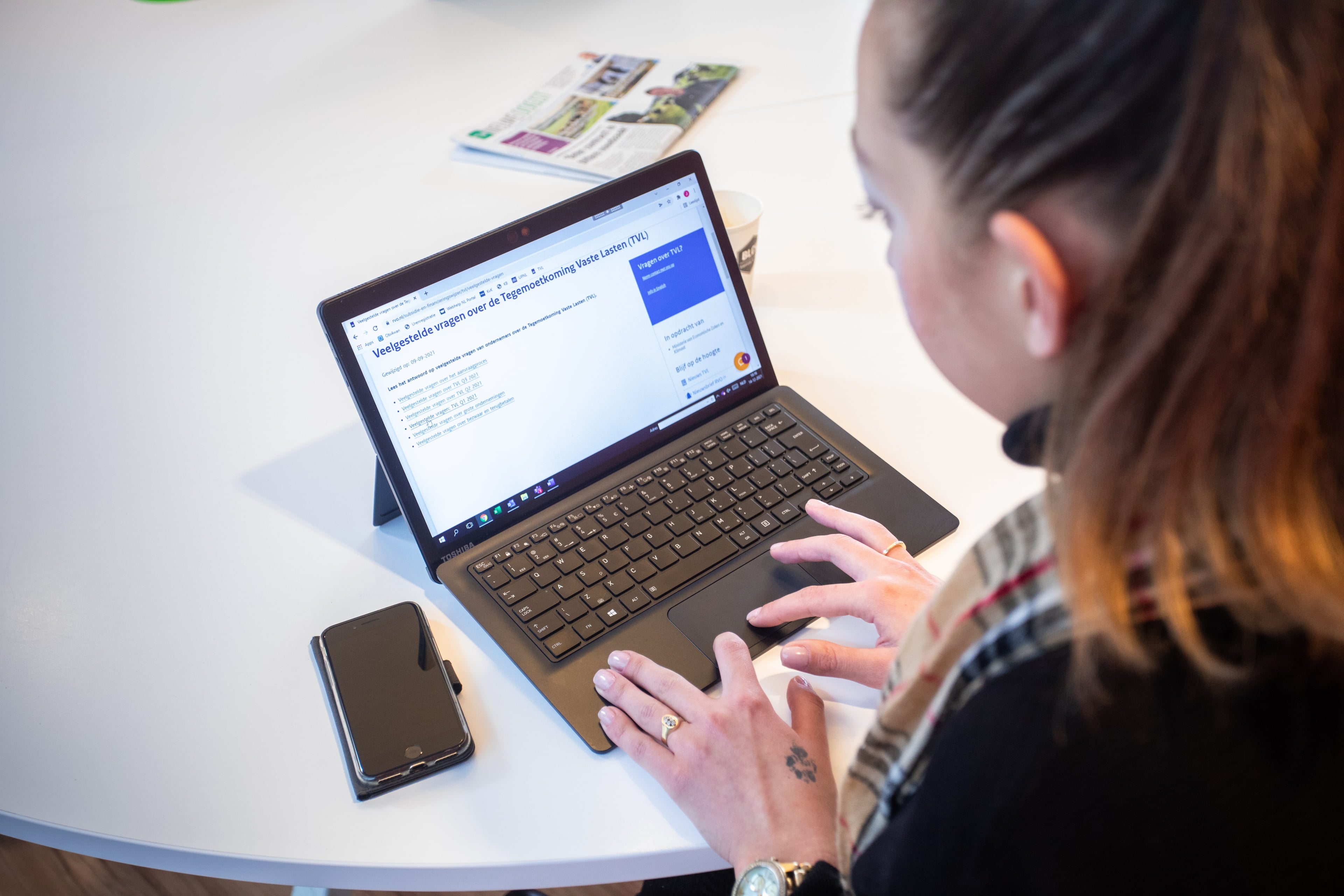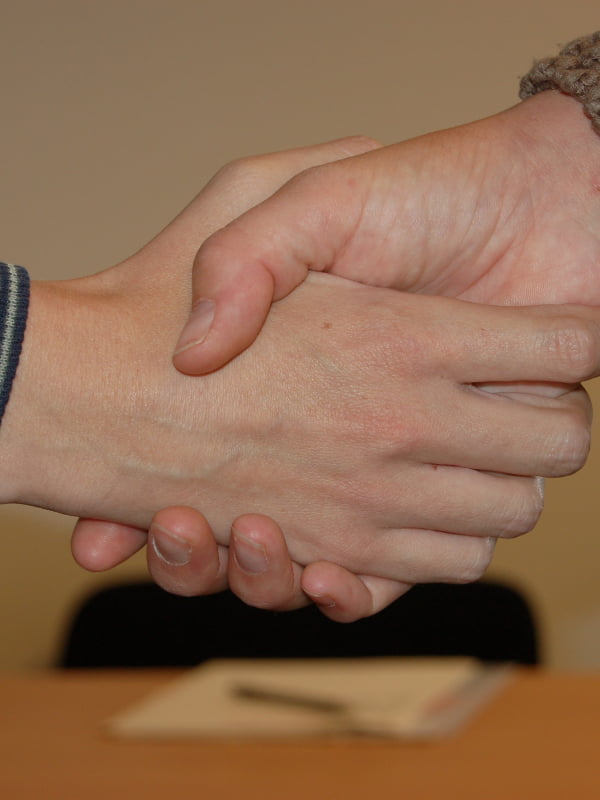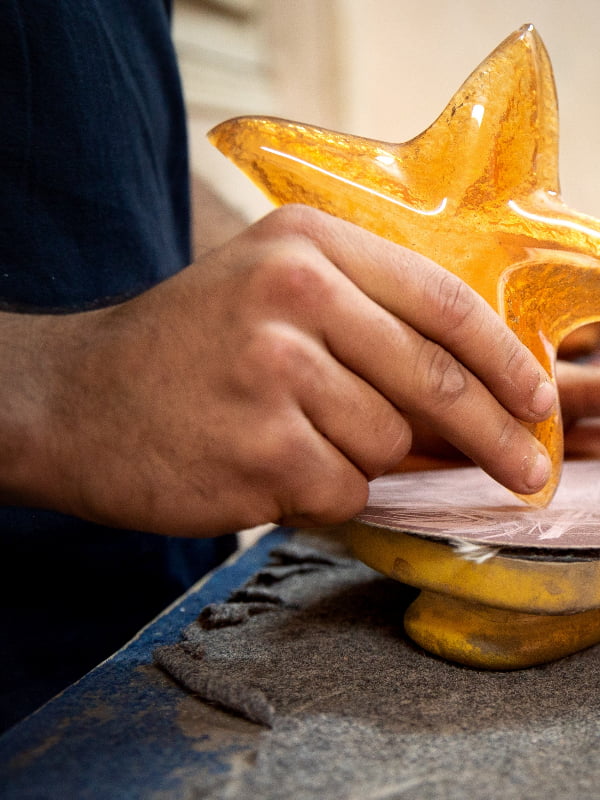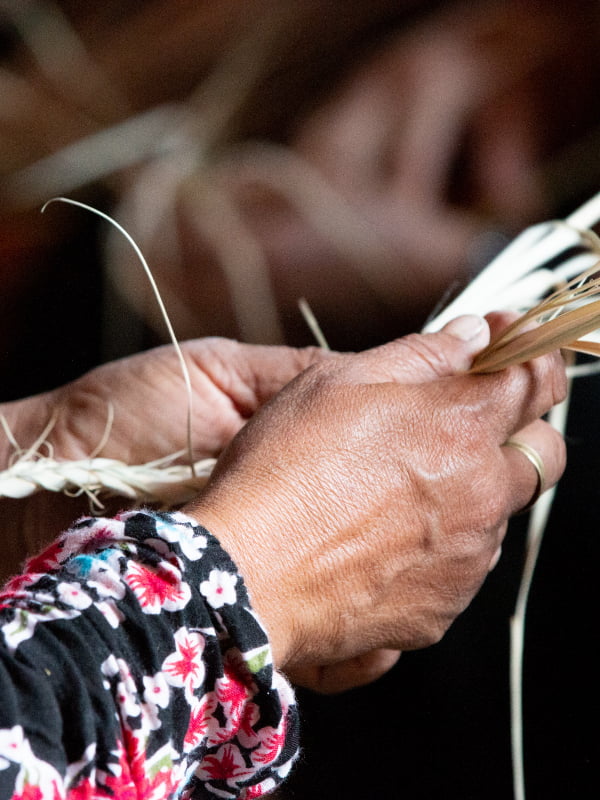Stimulation of sustainable energy production and climate transition (SDE++)
Last checked on:
7 August 2025
The Sustainable Energy Production and Climate Transition Incentive Scheme (SDE++) provides subsidies to companies and non-profit organisations that generate renewable energy or reduce CO2 emissions on a large scale. Orient yourself to the background and operation of this scheme. Or go directly to the application phase.
Apply
Have you sufficiently oriented yourself to the SDE++? Or are you already familiar with the scheme as an intermediary? Then you can submit your application. Find information on:
- the latest application round
- general terms and conditions
- a step-by-step plan for applying for your grant
- frequently asked questions on application phase
Commissioned by:
- Ministry of Climate Policy and Green Growth
Is this page useful?




